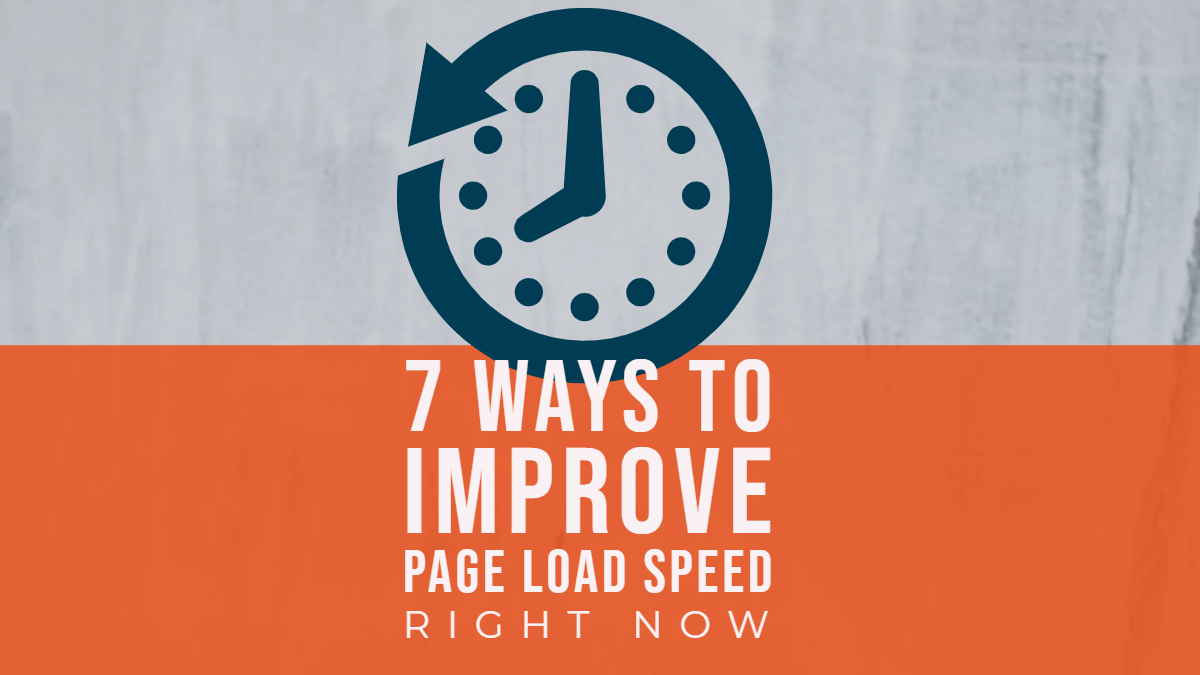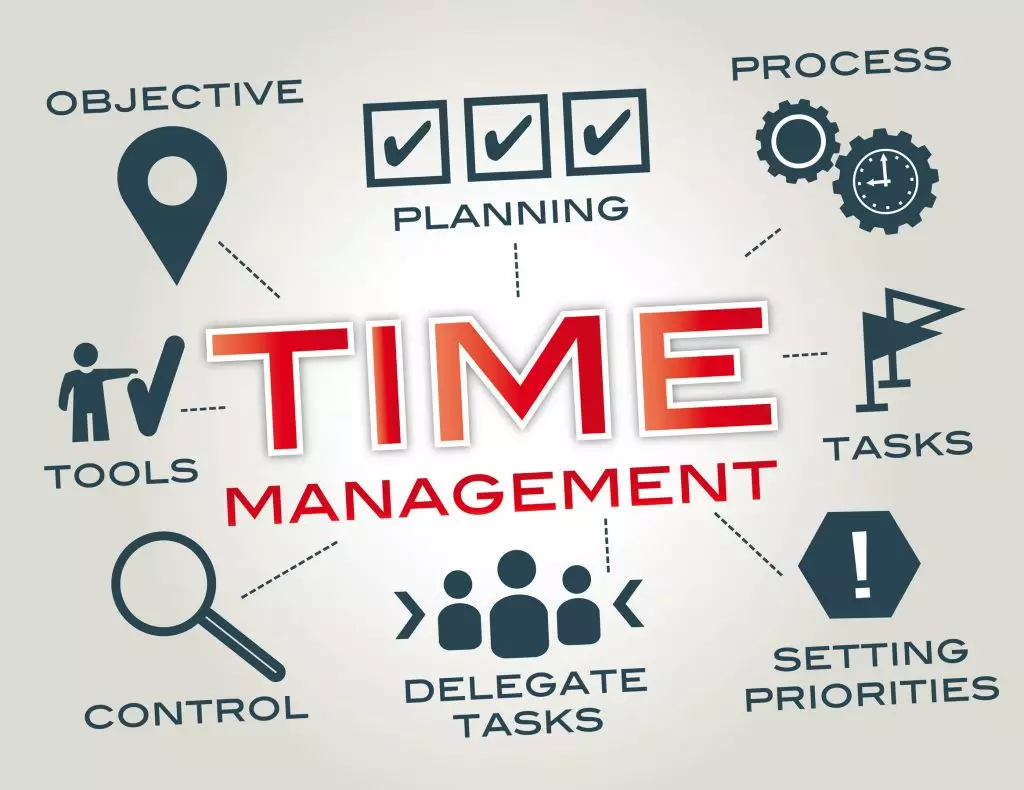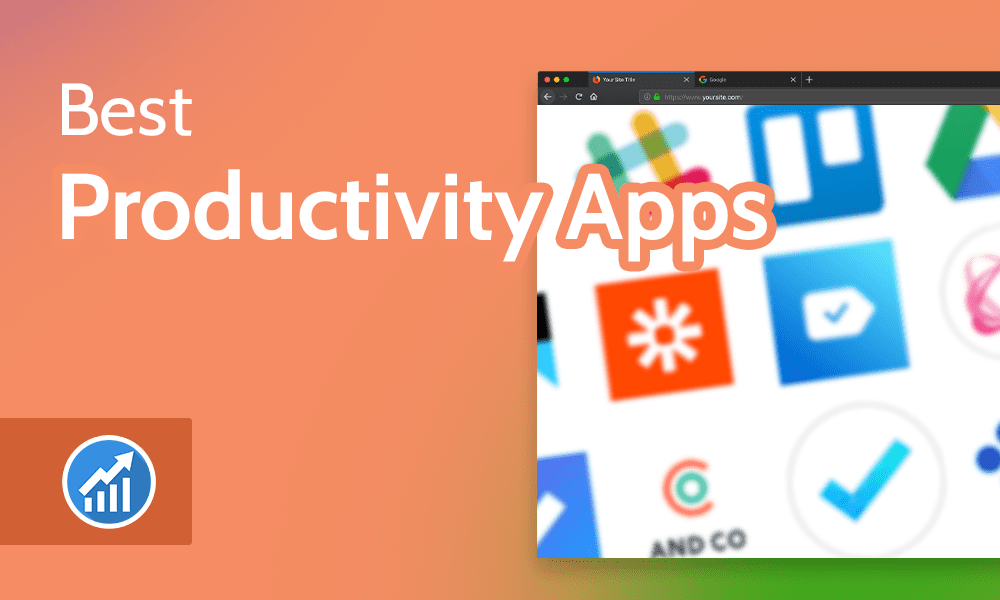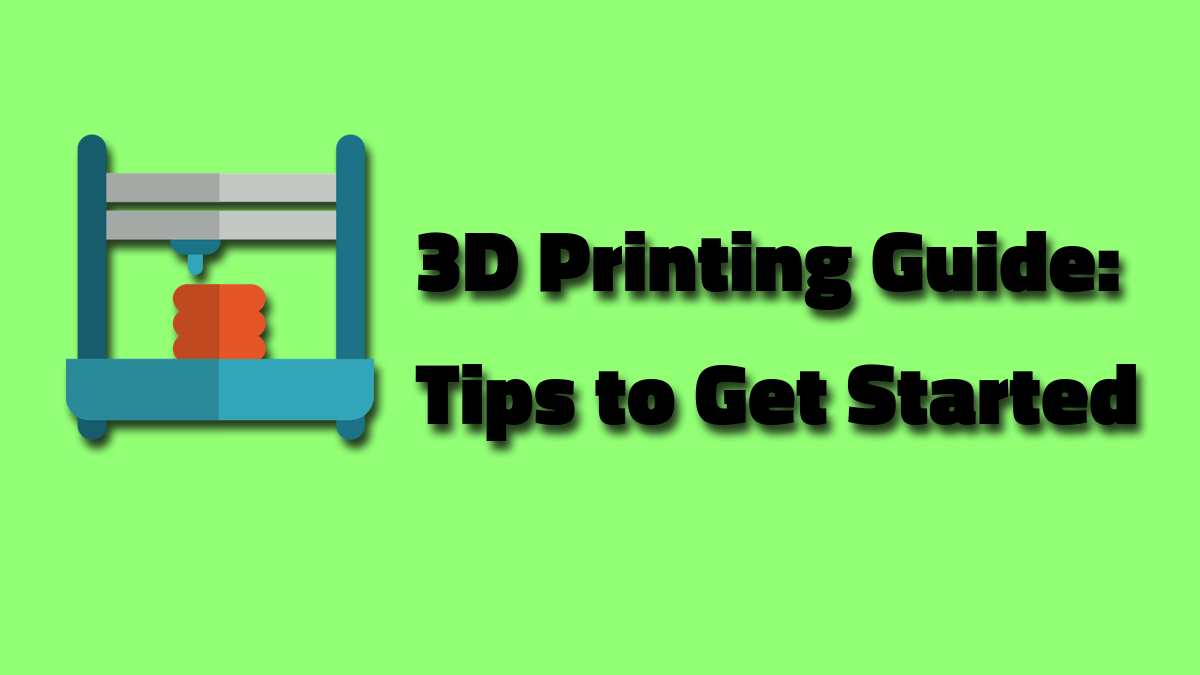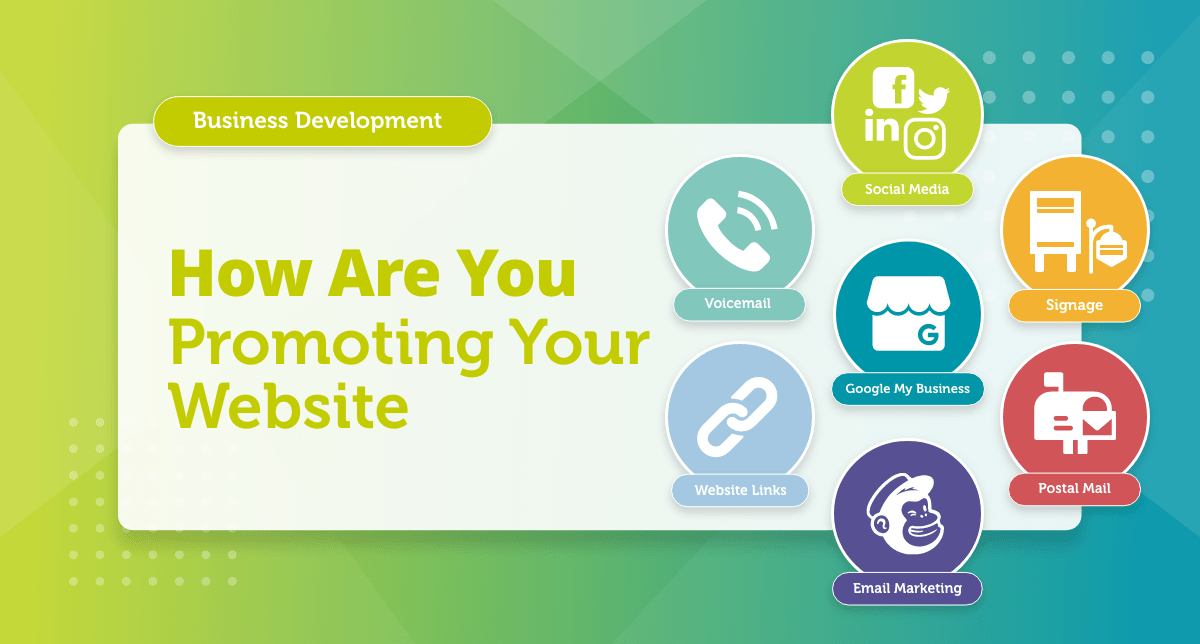
Promoting your website effectively is key to driving traffic, reaching your target audience, and achieving your goals. Here are the five best ways to promote your website:
1. Search Engine Optimization (SEO)
- Keyword Optimization: Use relevant keywords throughout your website content, including titles, headings, and meta descriptions, to rank higher on search engines.
- High-Quality Content: Create engaging and valuable content like blogs, guides, videos, or infographics that attract visitors and encourage sharing.
- On-Page and Off-Page SEO: Optimize elements like internal linking, alt text for images, and mobile responsiveness. Build backlinks from reputable websites through guest posts or partnerships.
- Local SEO: For local businesses, ensure your website is optimized for local searches by using local keywords and creating a Google My Business listing.
2. Social Media Marketing
- Platform Selection: Identify social media platforms where your target audience is most active (e.g., Instagram, Facebook, LinkedIn, Twitter).
- Content Sharing: Share your website’s content (e.g., blog posts, articles, promotions) on your social media profiles to engage followers and drive traffic.
- Social Ads: Invest in social media advertising, such as Facebook Ads or LinkedIn Ads, to increase visibility and reach a larger audience.
- Engagement: Actively engage with your audience by responding to comments, asking questions, and participating in relevant discussions.
3. Email Marketing
- Build an Email List: Offer incentives like e-books, discounts, or free tools in exchange for visitors subscribing to your email list.
- Regular Newsletters: Send out newsletters to keep your audience informed about new blog posts, products, or services. Make sure the content is valuable and targeted.
- Personalization: Use segmentation to create personalized email campaigns based on user interests or behavior, increasing click-through rates and driving traffic back to your website.
- Follow-Ups and Drip Campaigns: Implement automated drip campaigns to nurture leads or re-engage users who haven’t visited in a while.
4. Paid Advertising (PPC)
- Google Ads: Create targeted ads that appear on search engine results pages. Using PPC (Pay-Per-Click) campaigns helps you reach users searching for keywords relevant to your business.
- Social Media Ads: Platforms like Facebook, Instagram, and LinkedIn allow you to run highly targeted ad campaigns, ensuring your promotions reach the right audience.
- Retargeting: Use retargeting ads to reach visitors who have already interacted with your website but didn’t convert. This reminds them of your services or products, increasing the chances of conversions.
- Budget Management: Set a budget and monitor campaign performance, adjusting keywords, ads, and target audiences to optimize your ad spend.
5. Content Marketing and Guest Blogging
- Blogging: Regularly publish relevant and high-quality content that addresses your audience’s pain points or interests. Consistent content creation establishes authority and drives organic traffic.
- Guest Blogging: Write guest posts for other reputable websites in your industry. Include links back to your site to attract their readers, improving SEO and building authority.
- Video Content: Create videos related to your website content and publish them on YouTube or social media. Video content is highly engaging and can bring more visitors to your site.
- Content Collaboration: Collaborate with influencers or other content creators to reach a broader audience. Influencers can share your website with their followers, generating additional exposure.
Additional Tips:
- Online Communities: Engage in online communities like forums, Reddit, and niche Facebook groups by providing helpful insights and linking back to your website when appropriate.
- Referral Programs: Set up a referral program to incentivize existing customers or users to recommend your website to others.
- Analytics: Track website traffic using tools like Google Analytics to understand what promotional strategies are working best, and make adjustments accordingly.
Conclusion:
Effective website promotion requires a mix of different strategies. SEO helps in building long-term organic growth, social media marketing increases brand awareness, email marketing keeps your audience engaged, paid advertising drives targeted traffic, and content marketing helps establish authority and generate backlinks. By combining these methods, you can effectively drive more visitors to your website and increase conversions.


